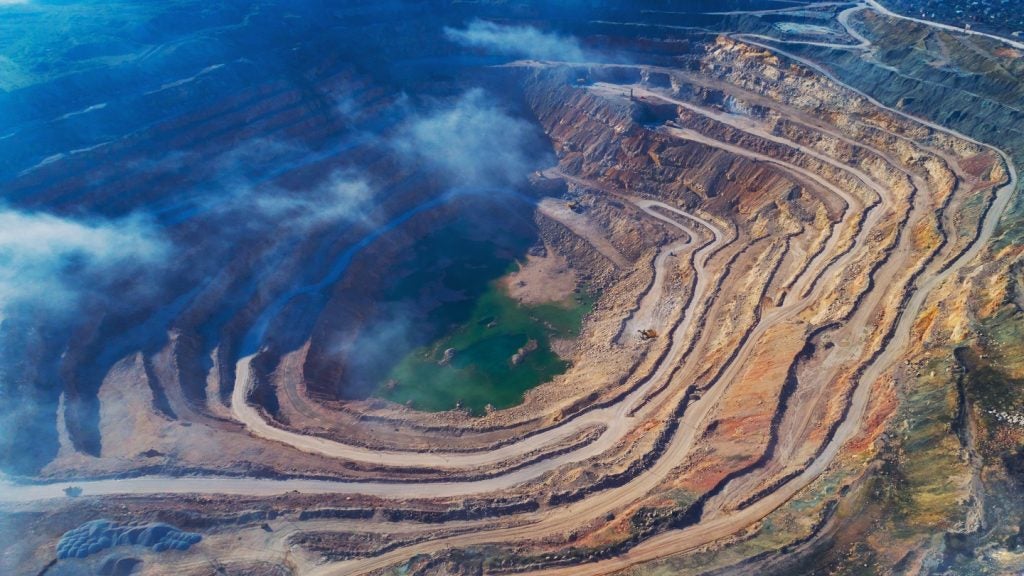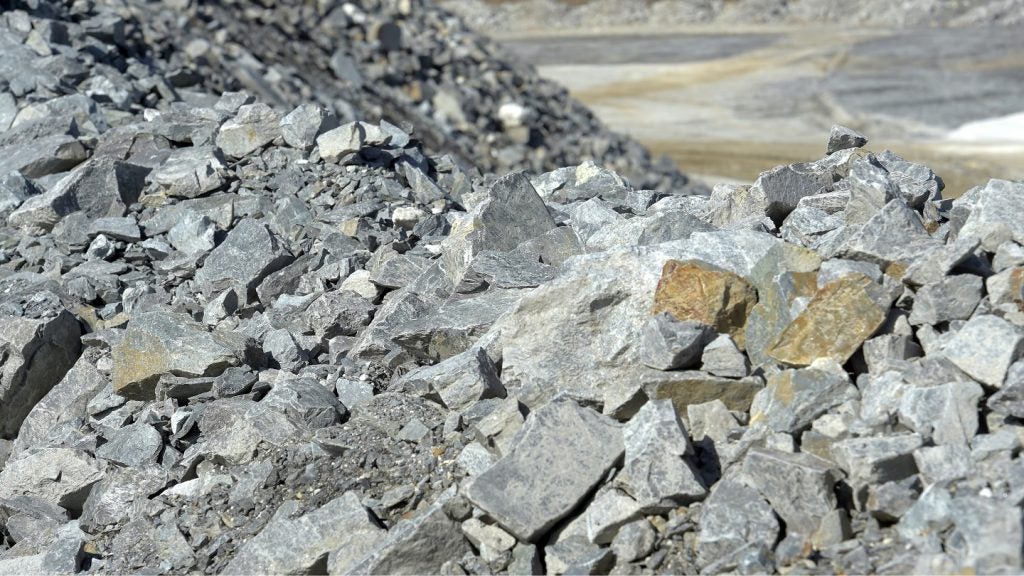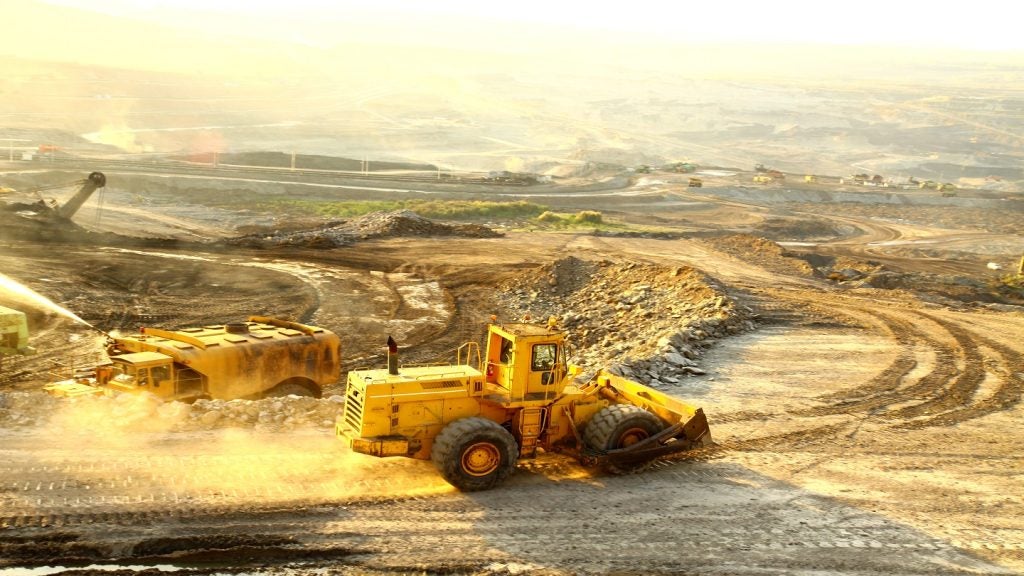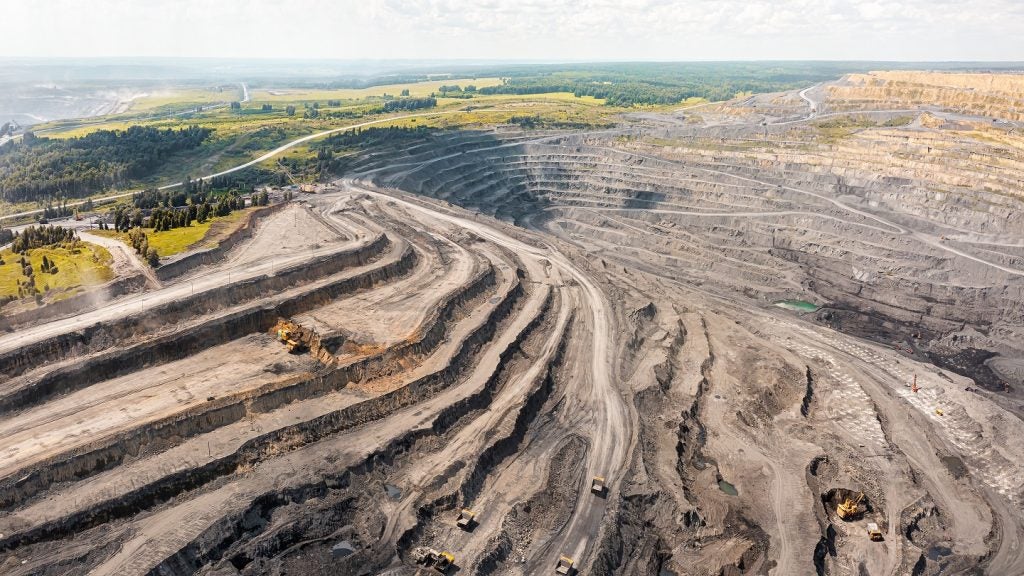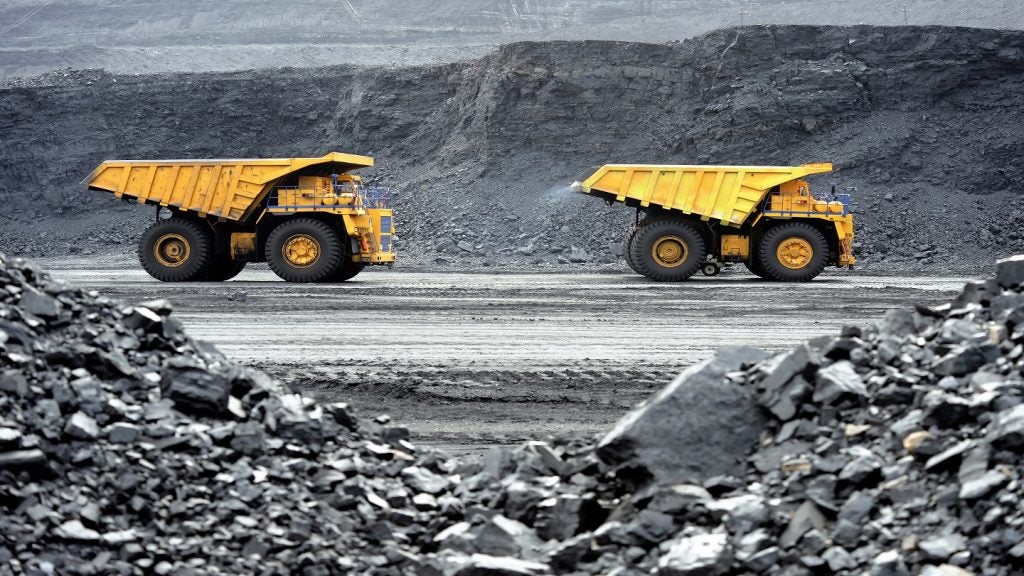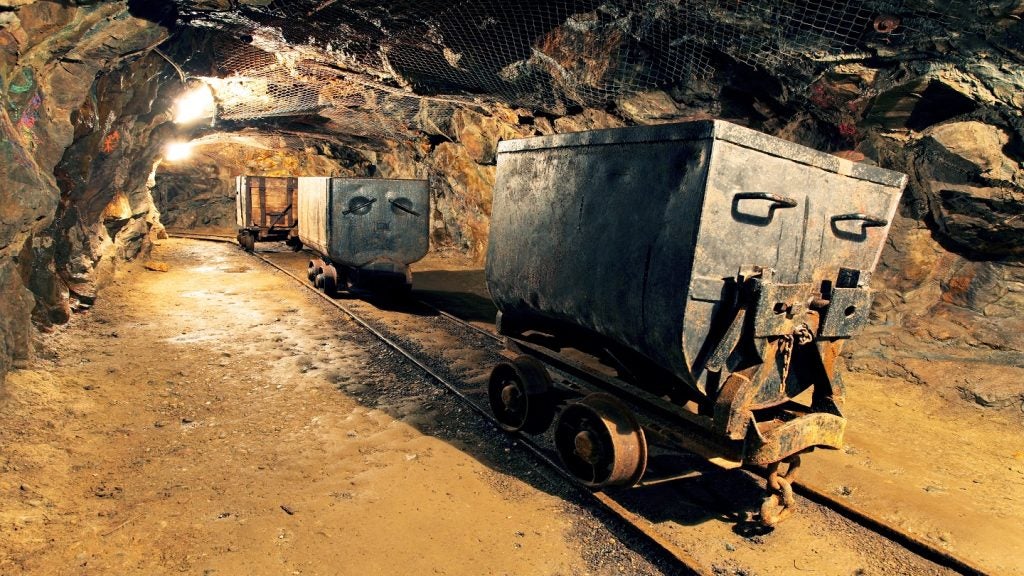Nepal’s Department of Mines and Geology has issued extraction permits to 159 mines across the country, Xpert Times reported.
This is part of a broader effort to harness the nation's underground resources, which include a variety of minerals such as iron, copper, gold, limestone, and more.
The department’s information officer Narayan Banskota stated that the move is part of a wider effort that has seen licences issued for 522 mines for exploration and 63 for exploration recently.
The decision to issue more permits this fiscal year, adding to the previously granted 152, demonstrates the government's commitment to developing Nepal's mineral potential.
The announcement comes at a time when the Division has also been proactive in revoking licences from 107 mines and companies for failing to begin their operations in a timely manner, ensuring that only productive and feasible projects move forward.
Apart from granting licences, the department has been vigilant in monitoring and inspecting the operations of 82 mines over the current fiscal year.
Moreover, the Division has successfully collected a significant amount in revenue, totalling NPR333.2m over the last eight months from issuing licences for mine excavation and exploration.
This figure, though slightly lower than the previous fiscal year's NPR356.633m, indicates a robust and ongoing engagement with the mining sector.
The issuance of mining licences and the subsequent exploration and excavation activities represent a substantial economic opportunity for Nepal.
By tapping into its rich mineral reserves, the country stands to enhance its domestic resource utilisation and attract foreign investment and expertise in the mining sector.
However, this undertaking also highlights the importance of sustainable and environmentally responsible mining practices, to ensure that Nepal's natural beauty and ecological balance are preserved alongside economic development.
As the Division of Mines and Geology continues to propel Nepal towards becoming a key player in the global mining industry, the implications for the country's economy and environmental stewardship are significant. This move promises to unlock considerable value from Nepal's underground resources, potentially transforming the nation's economic landscape while adhering to principles of sustainability and conservation.


